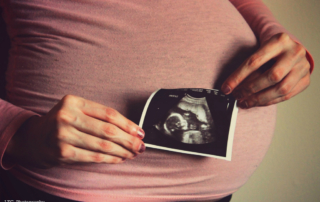Melatonin in Pregnancy: Is it Safe?
Many women experience some degree of sleep disturbance during pregnancy. For a significant number of women, the sleep disruption may be so severe as to require some type of intervention. In a previous post, we discussed the use of different types of medications to treat insomnia during pregnancy. While these drugs are highly effective, many women with sleep problems inquire about the use of "natural" agents, such as melatonin, during pregnancy.






